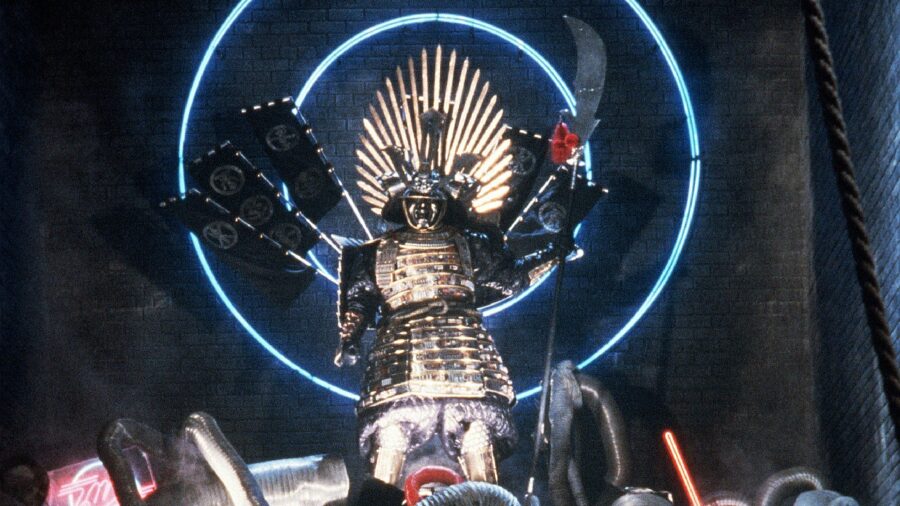The Robert De Niro Dark Sci-Fi Epic Completely Butchered By The Studio

In 1985, Terry Gilliam’s science-fiction dystopian black comedy, Brazil, emerged as a masterstroke of satire with its audacious blend of absurdist humor and dark social commentary. Robert DeNiro, Jonathan Pryce, Ian Holme, and Katherine Helmond led an all-star cast that somehow didn’t provide enough star power to keep the studio from meddling with the version released in the US.
Brazil And Love Conquers All

Set in a bleak dystopian world that rebukes technocracy, bureaucracy, and state capitalism, Brazil is best described as a piece of dystopian satire. Centering on the life of Sam Lowry (Pryce), a low-ranking bureaucrat dreaming of a better life while navigating the mundanities of his job and small apartment, the film’s narrative evolves in a bedlam of poorly maintained and chaotic machines.
Brazil’s original narrative significantly differs from the edited version many Americans first saw. Known dismissively as the “Love Conquers All” version, the Universal Pictures edit was tailored especially for the North American audience after the original ending tested poorly. It was a shorter, more neatly packaged version that the studio believed would appeal more to the viewers than Gilliam’s 142-minute-long original cut.
Gilliam Fought To Restore His Vision

Desiring a commercial and upbeat ending, the studio released this version without Gilliam’s approval, thus kick-starting a phase of dispute between the artist and the executives. The “Love Conquers All” version of Brazil toned down the dystopian elements and brought forth a more pronounced romantic storyline between Sam and Jill.
Gilliam’s quest to bring his authentic vision to the audience led him to wage a fight against the studio and the altered version of Brazil. Believing that the changes made by the studio obscured the film’s satirical essence and dystopian nuances, he relentlessly battled for the director’s cut release.
Private Screenings And Guerilla Marketing

Gilliam went to great lengths, buying a full-page ad in Variety and pleading for its release in the originally intended format. Despite a public feud with Universal’s chairman Sid Sheinberg, who made his own attempts to sell the film separately, Gilliam defied the odds and held private viewings of Brazil for film students and critics without the studio’s consent. Gilliam’s legal and public battles concluded with the release of the Criterion Collection in 1996, effortlessly restoring the director’s intended ending and gaining critical acclaim.
Gilliam’s Version Is A Masterpiece

The original version of Brazil has received widespread praise, particularly for its dark humor, stunning visual mastery, and deep social commentary. The film’s unapologetic commentary on bureaucracy, surveillance, and totalitarianism resonates with audiences across the globe, attributing to its cult status. In stark opposition, the “Love Conquers All” version is often regarded as an incomplete depiction of Gilliam’s original and thought-provoking vision.
Critically Acclaimed

Despite the initial hurdles and controversy, Brazil stands tall in the pantheon of critically acclaimed science-fiction dystopian black comedies. The film’s satirical take on technocracy, bureaucracy, and hyper-surveillance, juxtaposed against a dystopian society’s backdrop, has garnered a dedicated cult following. The film’s legacy continues to intrigue its audience, with the “Love Conquers All” version serving as an intriguing footnote for a studio doing a hatchet job on a film that defied convention and dared to dream beyond the standards set by the industry.
The Studio Lost

Ultimately, Brazil is a powerful symbol of artistic integrity triumphing over commercial interference. Its tale of survival, despite countless hurdles and challenges, has proven that true art cannot be stifled or manipulated. Today, Brazil is celebrated as a beacon of imaginative storytelling that dares to challenge societal norms and expose the harsh realities of bureaucratic life.












